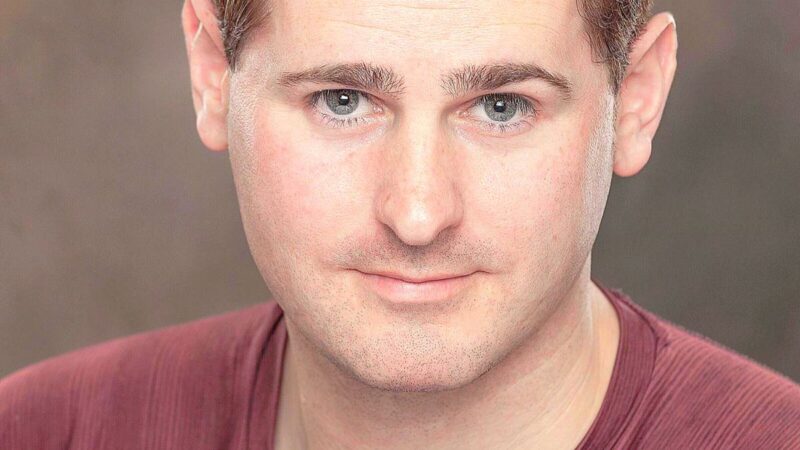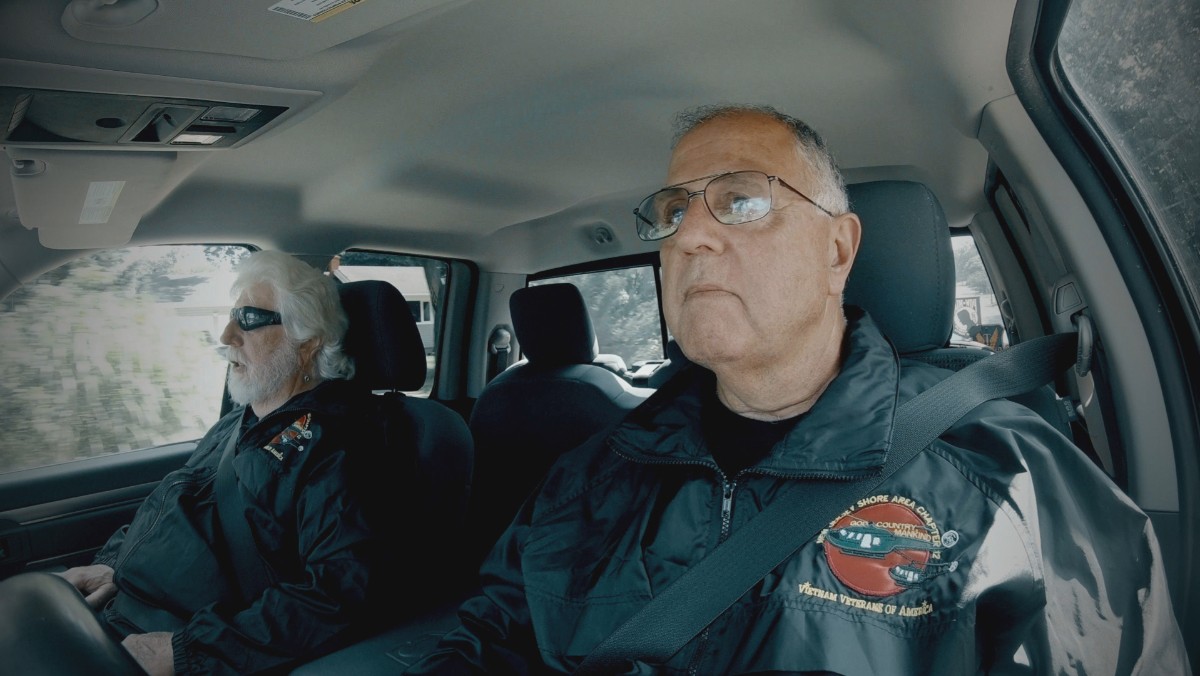
A Case Study
Narrative | Dramatic Features
Film Name: Unclaimed Remains
Genre: Drama / Investigative
Date: Sept 2019
Director: Tom Phillips
Producer: Veterans and co-producers Ernie Diorio, Richard Gough, Carol Rudland (Associate
Producer) and Tom Phillips (Producer)
Writer: There was no screenplay
Cinematographer: Tom Phillips
Production Company: G Street Productions LLC
Budget: 30,000.00
Financing: Privately
Shooting Format: 16×9 (24 frames) 4K
Screening Format: 16×9 4K
World Premiere: N/A
Awards: 144
Website: https://www.imdb.com/title/tt10870238
indieactivity: Tell us about “who you are”?
Tom Phillips (TP): I am Tom Phillips.
Introduce your film?
Tom Phillips (TP): In funeral homes throughout the United States, there are untold numbers of unidentified and unclaimed remains. They rest above copiers, on shelves, in lockers, and even in utility closets, unnamed and forgotten. Men, Women, Children, and War Veterans. How is it that we know nothing about thousands of unclaimed remains? In this first episode, two Vietnam veterans try to piece together what happened to private “Donald Sutton” a Korean War Veteran whose remains sat on a shelf of a funeral home for over 40 years. Who was he? Why was he forgotten? How did he die? Their goal is to bring peace to the dead and closure to the family. This was the challenge we faced, I approached it as I do with any “reality television series”. Very, very soft scripted, shoot it and make it work.
The Official Trailer for Unclaimed Remains directed by Tom Phillips
Why chose to write, produce, direct, shoot, cut/edit the movie? Was it financial, chance, or no-budget reason?
Tom Phillips (TP): I was shocked when I first heard about this, the cremated remains of people, not being buried, not put to proper rest.
Introduce your crew?
Tom Phillips (TP): I hired my crew from “Moonshiners” awesome cameramen and friends Russell Denniston, Bryan Sarkinen, and AC Bridget LaMonica whom I worked with on “Vietnam Aftermath” and “Mysteries of the Church” and actors Chris Barnett, Mike Provenzano, and US Air Force Veteran and newcomer Dan Kroeper.
What are your personal experiences putting on all these hats/responsibilities (simultaneously)? Tell us about story, writing, and production?
Tom Phillips (TP): I’ve been on television for over 20 years, I started with The History Channel where I wrote, directed, produced, and shot “Monster Quest” for 4 seasons. Since then, I have produced, directed, and shot 127 hours of programming including “Forged in Fire” for the History Channel, “Master of Arms” and “Moonshiners” both for Discovery Channel.
What is the source of the idea? How did the story develop from the idea? And how did the story evolve into a screenplay? Why do this story? Do you have a writing process?
TP: No screenplay was written, except for the dialogue for the re-enactments. This was more go out, shoot and follow the action, then put it all together.
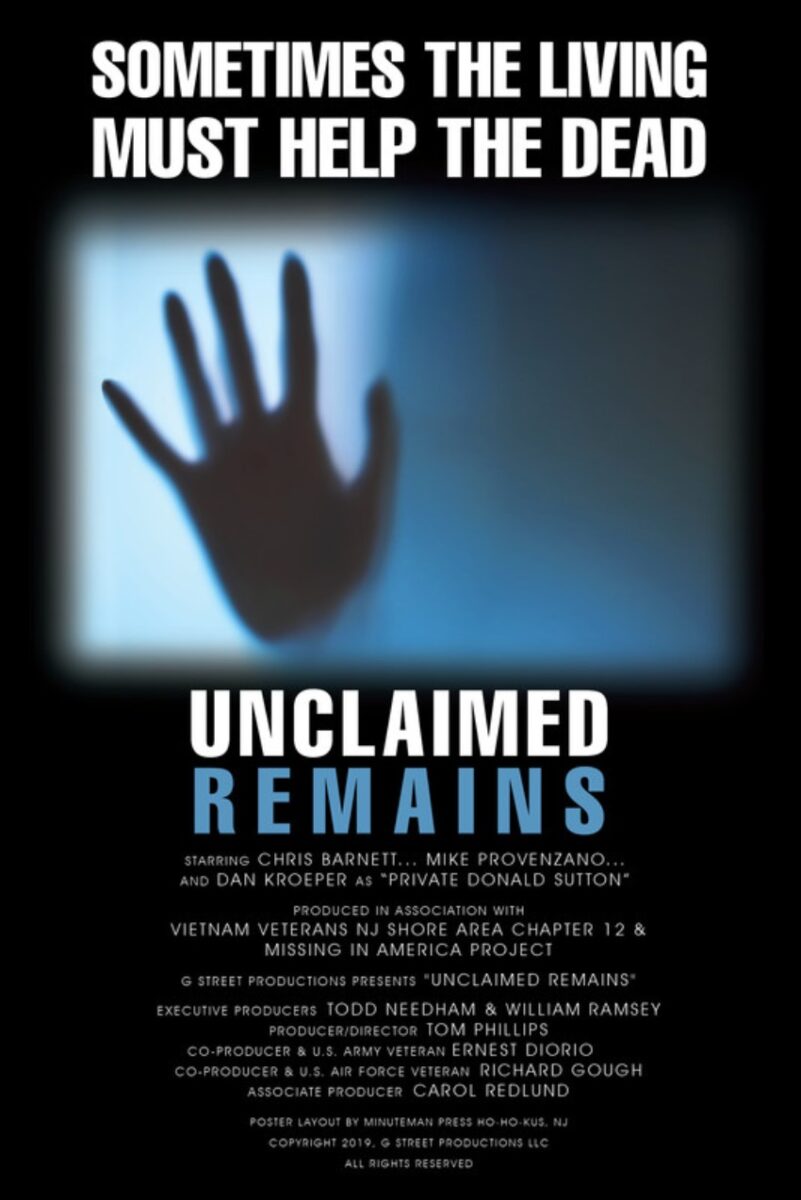
Let’s talk pre-production: take us through a timeline of how you started and ended it?
TP: There was no pre-production really.
What was your rehearsal process and period?
TP: None
You shot the film in days. How long were your days?
TP: It varied, not less than 8 not more than 10.
Did the tight shooting schedule make it harder or easier? How did it affect performances?
TP: If you plan a day at a time, know how to safeguard your crew, make your talent comfortable, gain their trust, then you don’t have issues, just logistic issues but those can always be overcome one way or another.
During the film production, what scene (that made the cut) was the hardest to shoot? And why?
TP: Historic re-enactments are always harder when you don’t have the budget or the access to the correct time period, so the camera is limited to what it can see, which can be a pain.
What worked better in this latest production that mightn’t have worked so well in the last one you did?
TP: Nothing?
What were the advantages and disadvantages of the way you worked?
TP: I think they were balanced, having done so many of these it just comes down to experience, knowing what you want to do, the story you want to tell, knowing the full potential, and empowering your crew, and your talent.
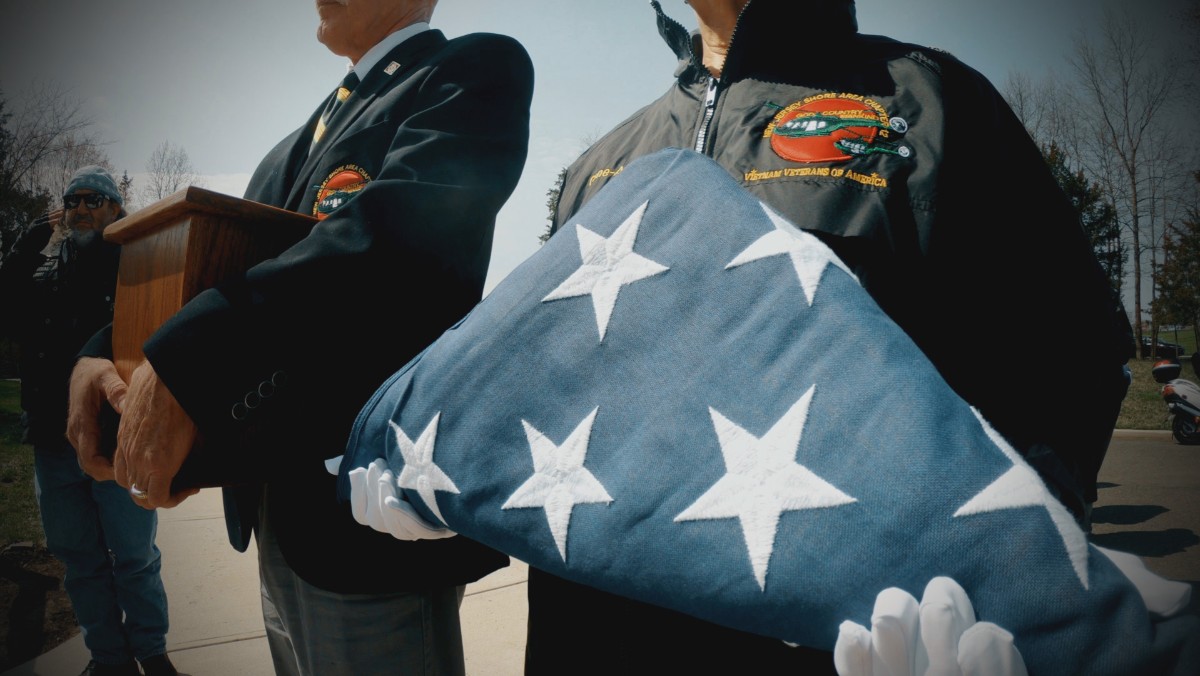
What was the experience like of working with a small shooting crew?
TP: We had a 3-4 man crew which is typical for television. So it was the norm for us.
The film looks stunning. How did you get such a good look when shooting so fast?
TP: I think it looks good, but I wouldn’t say stunning. We shot with the Sony PXW FS7, the workhorse of most television shows for the past 8 years. It’s not as good as the Red, I prefer the Cannon 24 frame to Sony’s 24 frames but this camera was made to go to war.
When did you form your production company – and what was the original motivation for its formation?
TP: 8 years ago, with a very close friend, whom unfortunately I am no longer friends with. The motivation was to create something new, something worth watching.
What was the first project out of the gate?
TP: “Vietnam Aftermath” which is on Amazon Prime.
What about independent filmmaking and the business do you still struggle with?
TP: I don’t really work in film, I work in television, this was the pilot for a TV series.
Where do you think your strengths lie as a filmmaker?
TP: Experience, seeing, and accepting things as they are and still making them work, putting all the pieces together.
Let’s talk about finance. How did you finance the film?
TP: Private backers.
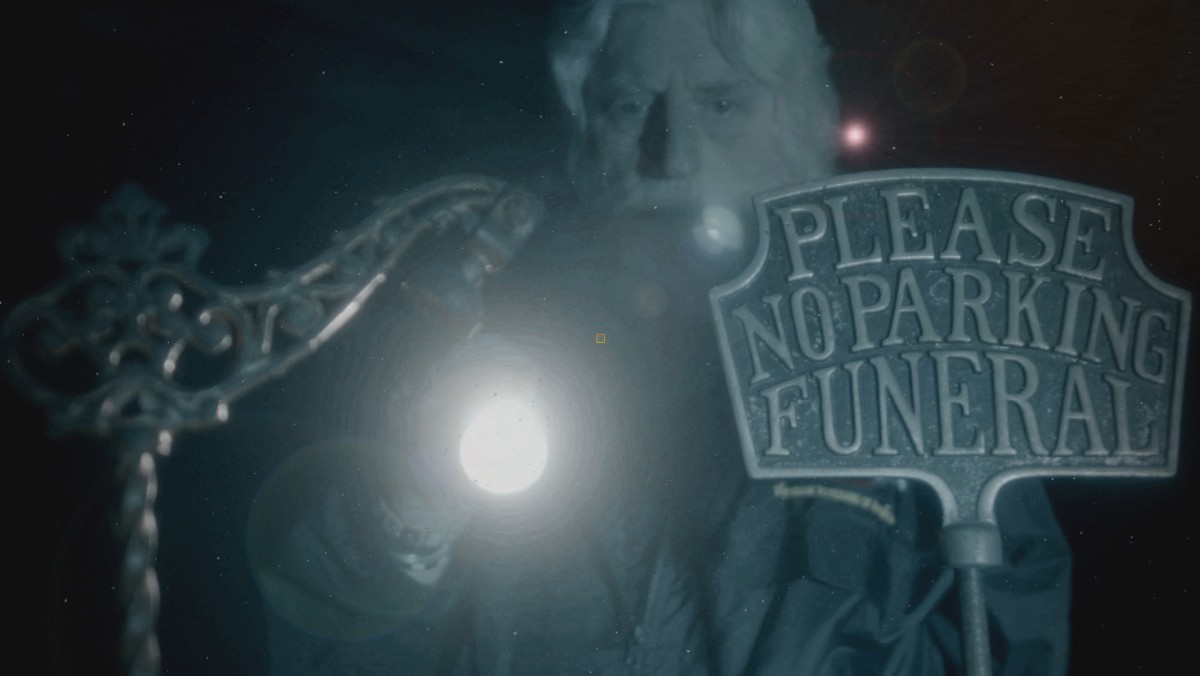
How much did you go over budget? How did you manage it?
TP: We had no budget so it was whatever it was and believed it was nothing like the show I work on.
How important is marketing? Talk about the festival tour? Do you think a project can make a dent without it nowadays?
TP: I can’t really answer that I didn’t do any marketing. It’s been the festivals that have given it attention and just word of mouth. The pilot to date has received 144 IMDb Wins and Nominations and is approaching a quarter of a million views on Amazon Prime.
Tell us about marketing activities or efforts on this project – and how it worked or didn’t work?
TP: Zip? Lol!
What do you hope audiences will get from the presentation of your film?
TP: That’s a very important question. I’m sure you will all agree that any cremated, human remains deserve to be treated with respect, given a proper burial, not forgotten somewhere on a shelf in a closet, or in a basement. Only with public awareness, will this end.
What else have you got in the works?
TP: A sequel is in the works now.
Tell us what you think of the Case Study for Unclaimed Remains What do you think of it? Let’s have your comments below and/or on Facebook or Instagram! Or join me on Twitter.
Follow Tom Phillips on Social Media
Website
IMDb
Facebook
LinkedIn
Mandy
MORE STORIES FOR YOU

